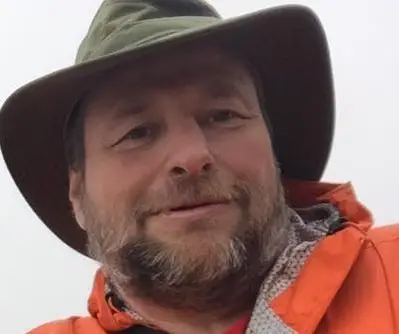John Willson has a B.A. in Sociology and a Master’s degree in Outdoor Therapeutic Recreation Administration. He has spent over 30 years working in youth programs with an emphasis on children diagnosed with learning and attention challenges. He has led hundreds of adventure courses throughout North America, Costa Rica, and Belize. He is currently the Executive Director of SOAR, a non-profit residential academic boarding school, summer adventure camp, and Gap year program serving youth diagnosed with learning disabilities and ADHD.
Along with his responsibilities at SOAR, John has served as the President of the Learning Disabilities Association (LDA) of North Carolina and on the National Board of CHADD. In addition, he has been an adjunct professor at Western Carolina University and Mars Hill College teaching Outdoor Recreation, Therapeutic Recreation, and Leadership courses. His certifications include Wilderness First Responder, PADI Rescue Diver, State licensed Recreation Therapist, and Nationally Certified Therapeutic Recreation Specialist. He actively presents to teachers, parents, and professionals at local, state, and national conferences. Finally, and most importantly, he is an adult thriving with ADHD and the proud parent of two magnificent, creative, children living with learning and attention challenges.







